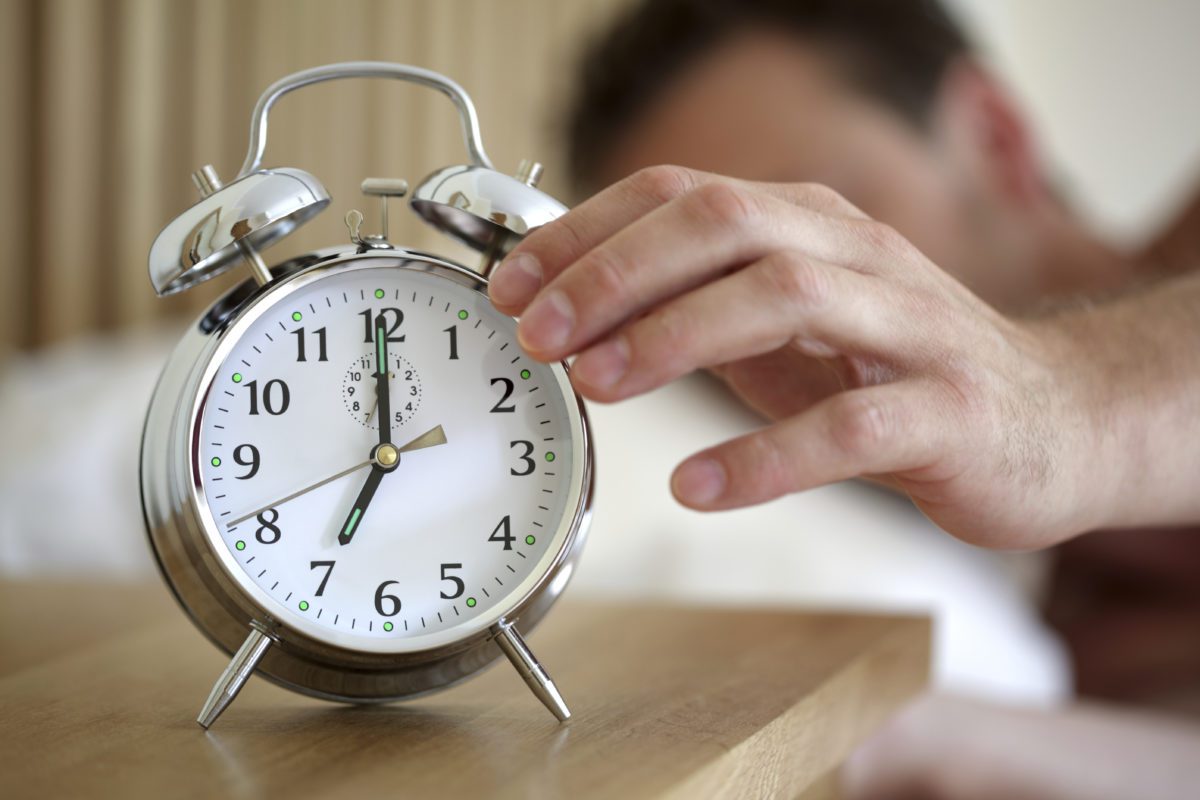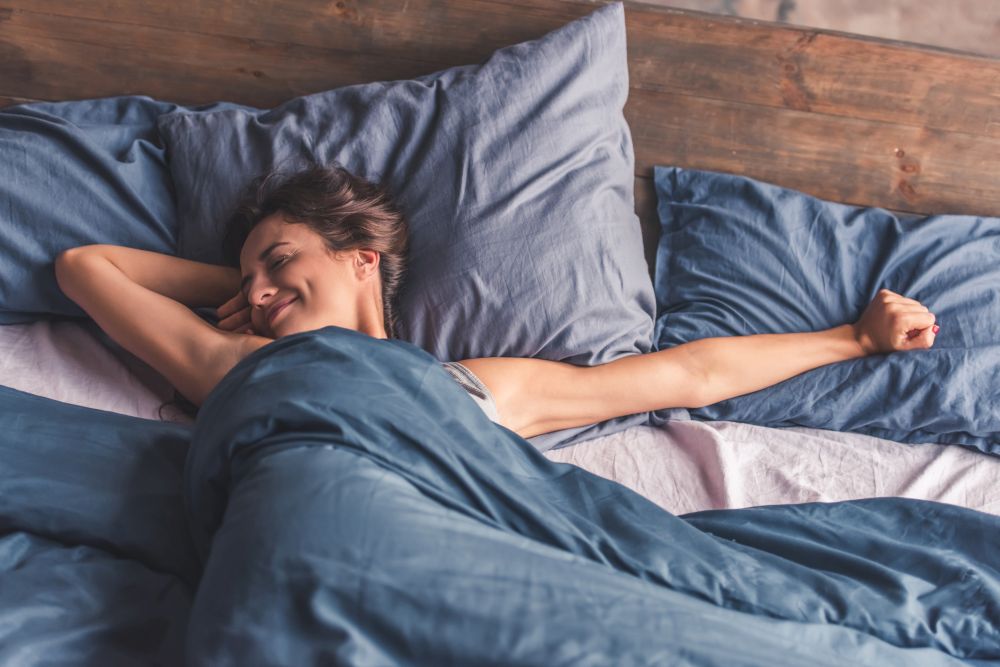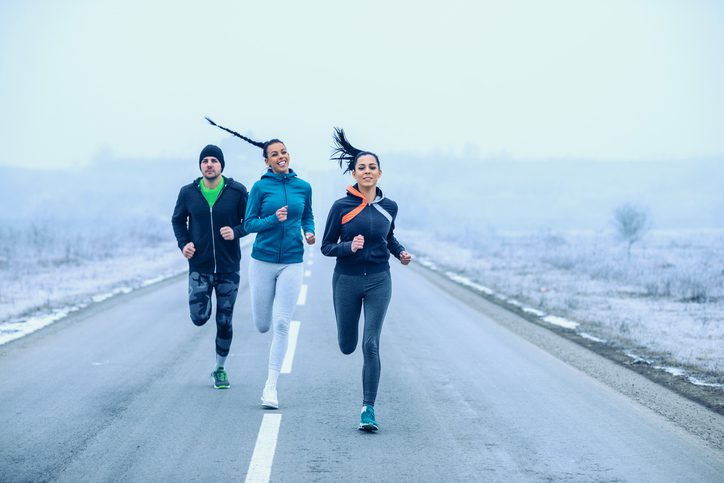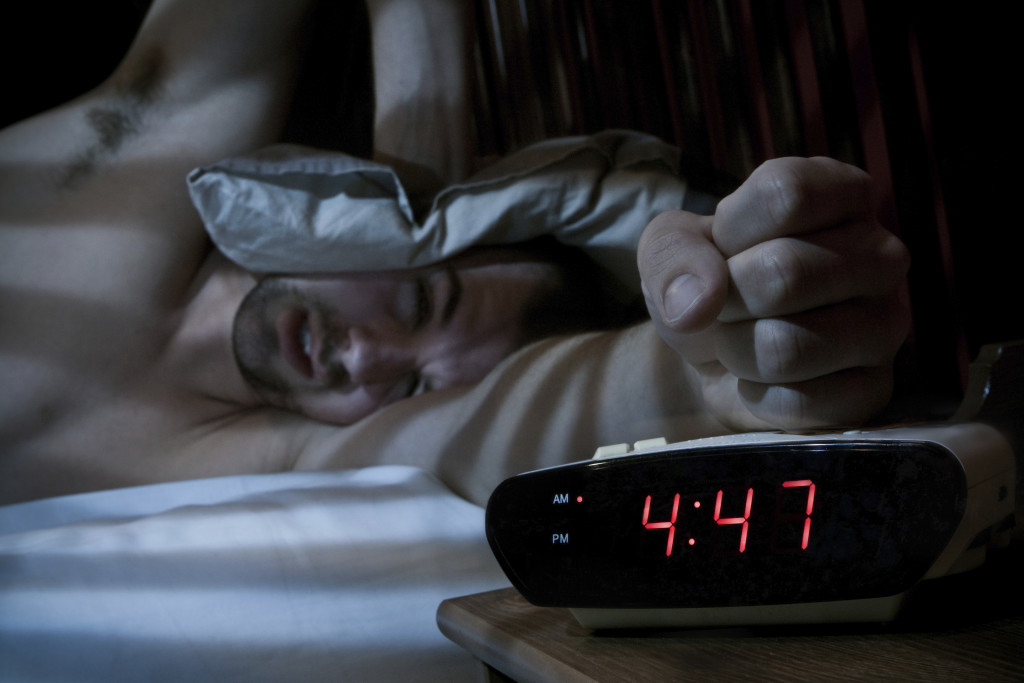Under-slept athletes are 70 per cent more likely to develop an injury
Study suggests that getting eight hours of sleep can mean the difference between health and injury

There are lots of studies on how gait, muscle imbalances and under fueling lead to injury, but until recently there was limited research on the relationship between sleep deprivation and injury. We know getting lots of sleep is beneficial, but just how much of a difference does it make?

RELATED: Sleep: the easiest way to improve performance
A study out of The Institute for Scholastic Sport Science and Medicine found that in adolescent student-athletes (grade seven to 12), getting under eight hours of sleep led to a 70 per cent increase in the likelihood of injury. What if someone told you that something you were doing everyday was making your 70 per cent more likely to hurt yourself? You’d probably stop doing that thing. Injury and inconsistency are two of the main factors that stand between a runner and a personal best, but getting more zzz’s isn’t always that simple.

RELATED: Study finds Next% wearers may have 73 per cent chance of PB
Runners are busy people. Between kids, jobs and personal lives the run usually happens in the early morning or late evening. Neither option is optimal for maximizing sleep, but they’re the times best suited to fitting in daily training for most adults. And subsequently, when life gets busy, sleep is usually one of the first things that get compromised.

RELATED: The Shakeout Podcast: Optimizing Sleep with Dr. Amy Bender
There are times when hitting the snooze button is better for your training than getting your prescribed miles in. If you’re burning the candle at both ends (busy week at work or lots of child obligations), remember to take some time to rest, and if that means skipping your morning workout occasionally–do it. It’s better to have one really great (albeit delayed) workout, than two or three terrible ones.


